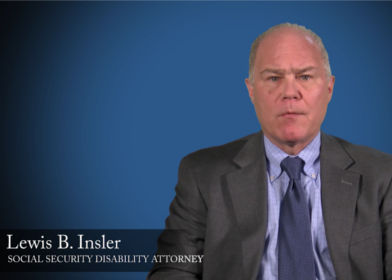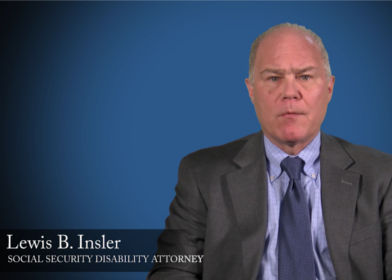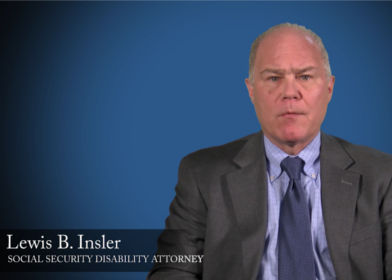Most Common Social Security Claim Mistake Pt. 2 | New York
Lew Insler
Proper Steps to take to Avoid Social Security Claim Errors
Hi. I’m Lew Insler from Insler & Hermann. We’re going to talk about the most common mistakes we see with Social Security Disability claimants and when you should retain an attorney. The hardest part about a Social Security Disability claim is the initial application and the daily activity questionnaire. They come at the beginning, so get the attorney involved from the start to help you deal with the hardest part of your case, the most stressful, and the time when you have the most questions. Also, we win the initial claims at a far greater rate than the national average. The percentage of cases that are won at the later stage, particularly at the hearings, has also decreased. So you’re maximizing your chances of success by having us represent you right from the start and helping you with your initial claim.
By: Lew Insler
Proper Steps to take to Avoid Social Security Claim Errors
Hi. I’m Lew Insler from Insler & Hermann. We’re going to talk about the most common mistakes we see with Social Security Disability claimants and when you should retain an attorney. The hardest part about a Social Security Disability claim is the initial application and the daily activity questionnaire. They come at the beginning, so get the attorney involved from the start to help you deal with the hardest part of your case, the most stressful, and the time when you have the most questions. Also, we win the initial claims at a far greater rate than the national average. The percentage of cases that are won at the later stage, particularly at the hearings, has also decreased. So you’re maximizing your chances of success by having us represent you right from the start and helping you with your initial claim.
By: Lew Insler




